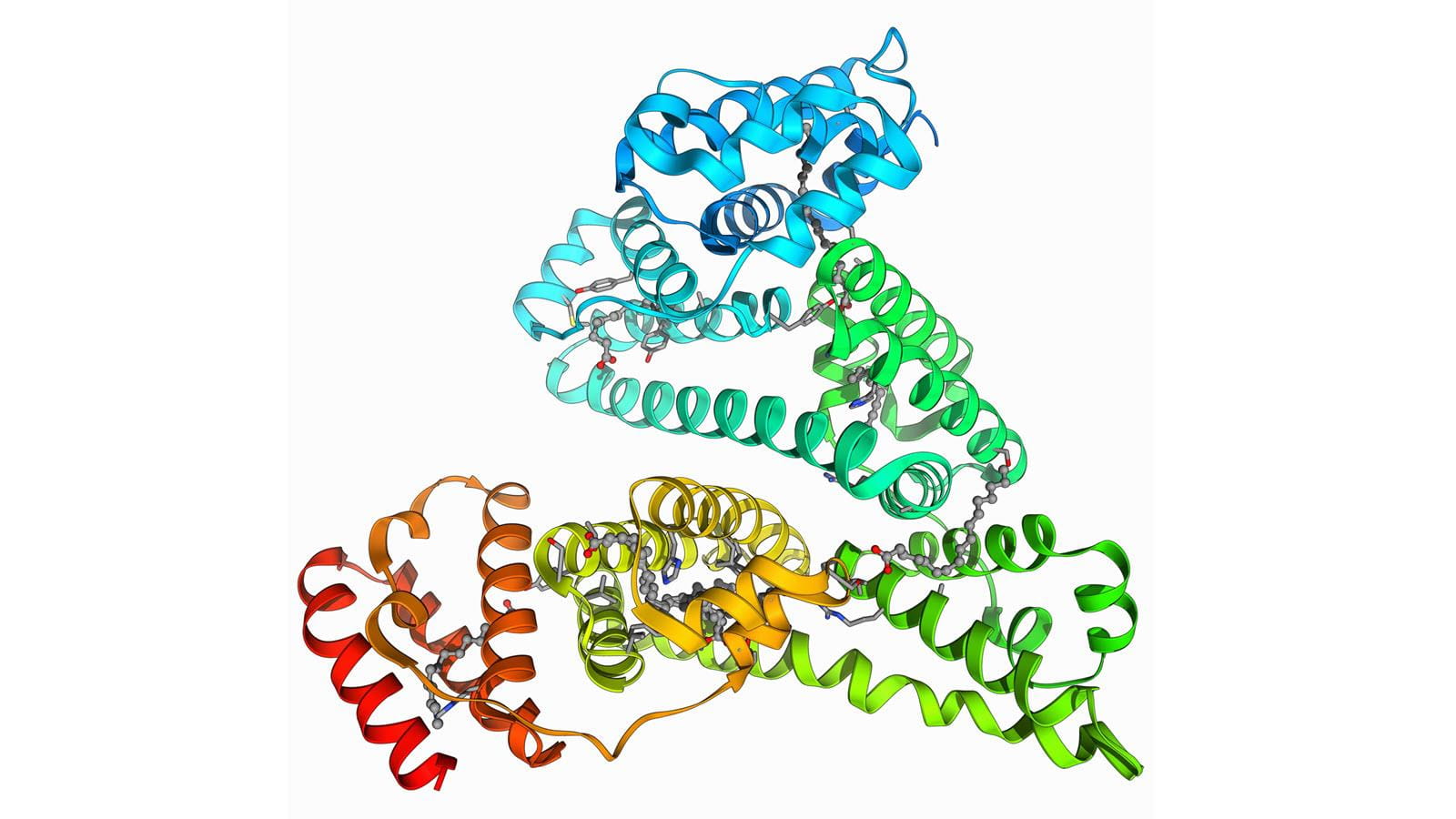Albumin is a component of blood plasma, but what is albumin and what role does it play in the body and in medical treatment?
Understanding Albumin: Five Facts You Should Know
1. What is albumin? Albumin, or serum albumin, is a protein found in human plasma. Albumin is the most abundant protein found in plasma, a straw-colored liquid that is a component of blood.
2. What produces albumin? The body produces serum albumin in the liver. Liver cells produce 10-15 grams of albumin per day but can make three or four times more if needed.
3. Is albumin different from albumen? Yes, an egg white is sometimes called the “albumen,” which is spelled differently and not the same as serum albumin. Egg white is made of ovalbumin, a protein that turns firm and white when you cook it.
4. What does albumin do? Albumin has an important job: to keep fluid in the bloodstream from leaking into other tissues. It’s “the main modulator of fluid distribution” for several parts of the body. Abnormal levels can suggest problems with the liver, kidneys or other essential functions. Serum albumin levels can be checked with a blood test.
5. How is albumin used as a medical treatment? Albumin is used to treat a variety of conditions, including acute respiratory distress syndrome (ARDS) and jaundice in premature infants. According to the Mayo Clinic, albumin is given intravenously to treat severe injuries, burns, bleeding and before heart bypass surgery. If you know someone who received albumin, thank a plasma donor. It’s extracted from donated plasma through a process called fractionation.



